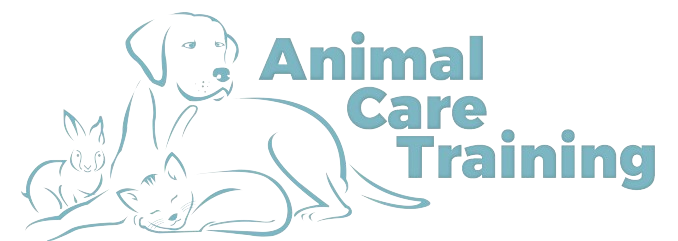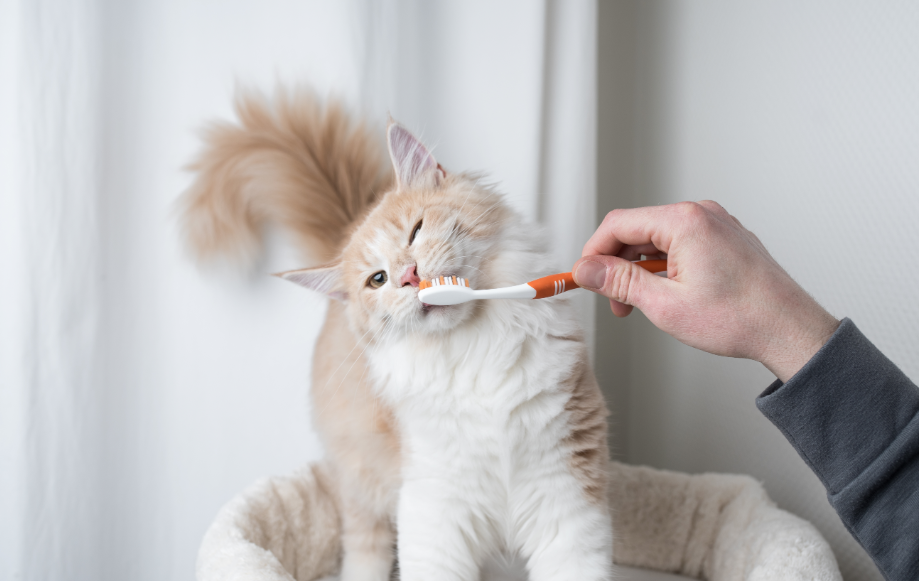Keeping your pet’s mouth healthy is just as important as caring for the rest of their body, but it can often be overlooked. An experienced animal dental specialist, or “oral vet,” can offer valuable advice and treatment options to ensure your pet’s mouth remains in top condition. Here are five practical oral care tips from a seasoned oral vet to help you maintain your pet’s oral health.
-
Regular Brushing is Essential
Just like humans, pets also benefit from regular tooth brushing. This preventive measure can significantly reduce the risk of dental diseases. Start slowly, allowing your pet to get used to the sensation. Use a toothbrush designed for pets and toothpaste that is safe for them to swallow.
-
Provide Dental-Friendly Toys and Treats
Some toys and treats are specifically designed to support dental health. Chewing on these items helps to clean your pet’s teeth and gums, removing plaque buildup in the process. However, remember that these are not a replacement for brushing but rather a supplementary measure.
-
Regular Dental Check-ups
Regular check-ups with an animal dental specialist are vital for early detection of potential oral health issues. They can spot signs of gum disease, oral tumours, or other problems that may require immediate attention. Early detection can make a significant difference in your pet’s prognosis and treatment options.
-
Be Aware of Bad Breath
While it’s normal for pets to have slightly smelly breath, excessively foul breath could be a sign of an underlying dental issue. If your pet’s breath becomes unusually offensive, it’s time to consult with an animal dentist.
-
Consider Professional Cleaning
Sometimes, despite our best efforts, pets develop dental problems that require more than just brushing or chewing on a toy. In such cases, professional cleaning performed by an oral vet could be the solution. This procedure is generally safe and can significantly improve your pet’s oral health.
In some instances, your pet might need more than a professional cleaning. For example, if there is an issue with a specific tooth or a more complex dental problem, procedures like pet oral surgery may be required. Advanced dental procedures are performed under anesthesia to ensure your pet’s comfort and safety.
In conclusion, maintaining your pet’s oral health doesn’t have to be challenging. By incorporating these tips from an oral vet into your routine, you can help keep your pet’s mouth healthy and prevent potential dental issues. Remember, when it comes to your pet’s oral health, prevention is always better than cure.

